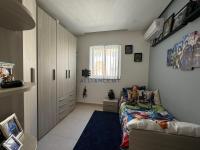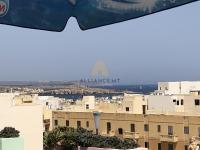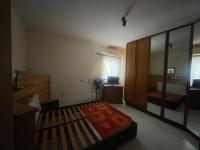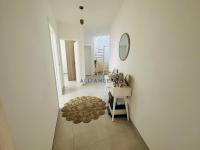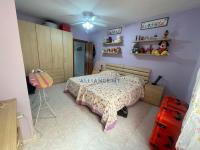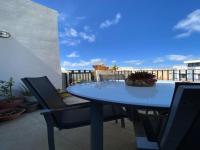5 reasons to move to Malta . At 80 km from Sicily, 284 km from Tunisia and 333 km from Libya, the island of Malta is one of the least extensive states in the world. Land that has hosted peoples from all over, (Phoenicians, Greeks, up to the French and English who have dominated it for years) host ...
5 reasons to move to Malta
5 reasons to move to Malta .
At 80 km from Sicily, 284 km from Tunisia and 333 km from Libya, the island of Malta is one of the least extensive states in the world. Land that has hosted peoples from all over, (Phoenicians, Greeks, up to the French and English who have dominated it for years) hosts three world heritage sites: the capital Valletta, the Hypogeum of Hal Saflieni and the temples megalithic. Entry into the European Union is dated 1 May 2004 and has joined the EU on 1 January 2008 (also entering the Eurozone). The island is also a member of the Commonwealth.
With its extremely limited surface area, it is experiencing a period of great expansion (both social but in parallel economic) as well as the irrepressible conflict between a strong urbanization development, a constant demand for building land and the protection of buildings of great historical importance without affect the environment.
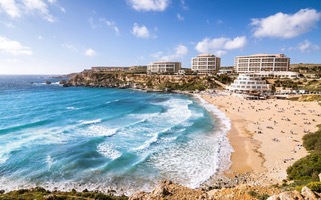
Despite being one of the most affected countries in terms of construction (worldwide), a large number of requests for permits to build are still awaiting acceptance, even for very tall buildings. On the island there are about 80 thousand offshore consortia and 2,000 taxpayers of German origin. The data show that companies and natural persons use in the Mediterranean islands companies to dribble taxes in Germany - says the minister of economy - and this in part comes with legal tricks but also through companies that serve only as a means of tax evasion ".
A generally flourishing economy, combined with a low unemployment rate - 5% in May - are attracting many foreigners, especially Italians, to emigrate to the island. The demand has created a building frenzy that has resulted in the landing of the old houses of the place (in some cases only the facade is maintained) to build, in their place, blocks of apartments often judged to be 'doubtful taste'.
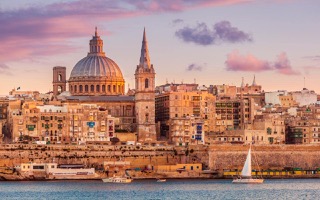
The presence of Italians on the island has therefore increased considerably (about 50% between 2016 and 2017), according to the latest estimates of real estate agencies. It's time to invest, in short, both for those who want to make a radical change, and move to Malta, both for those who want to buy property to make income. The most popular areas are those of the low northern beaches, such as Mellieha, although in recent years there is great demand for the capital, Valletta, cradle of Baroque art, full of history.
It is also the least economic area of the island, where the cost per square meter is estimated at around 7,000 euros. Having been declared a Unesco Heritage, the veto to build in the city is sovereign. The traditional houses range between 250,000 and 770 thousand euros (with further building land and swimming pool). If the houses are already restored, the value also increases by 300 thousand euros.
Here are five reasons why it is worthwhile investing and building or buying houses in Malta:
1. The currency used is the euro
2. The cost of living is lower than the European average
3. There are no ancillary fees such as the IMU or TV license, nor a TARI
4. The tourist season lasts about 9 months a year, so if you want to rent the house, the annuities are convenient
5. It has a very advantageous tax system, both for domiciled and for investors and for industrialists, and it is also a safe nation (in terms of crime) thanks to the entry in 2010 in the "white list" countries.
Moving to Europe
Moving to Portugal Moving to Germany Moving to France Moving to England
Moving to Malta Moving to Albania Moving to Andorra Moving to Austria
Moving to Belarus Moving to Belgium Moving to Bosnia Moving to Bulgaria
Moving to Cyprus Moving to Italy Moving to Croatia Moving to Czech Republic
Related Insights
-
5 reasons to move to Malta
Real Estate Listings
For sale 3 Bedrooms, Malta, St. Paul's Bay, ST.PAUL'S BAY, .
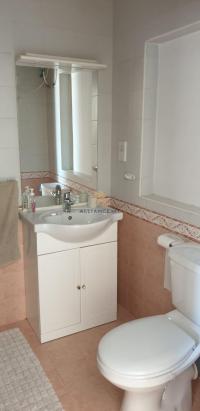
For sale
3 Bedrooms
139 m²
For sale 4 Bedrooms, Malta, St. Paul's Bay, ST.PAUL'S BAY, lein en roen

For sale
4 Bedrooms
130 m²
For sale Other (Commercial), Malta, Sliema, Sliema, 96 RUDOLPH STREET
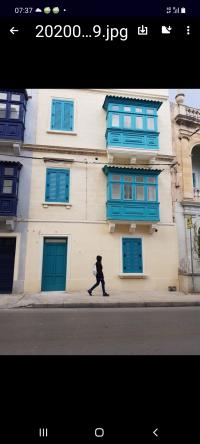
For sale
Other (Commercial)
320 m²
For sale Villa, Malta, Santa Venera, Santa Venera, 23, Villa Musica, Galanton Vassallo Str
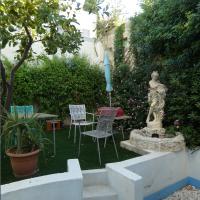
For sale
Villa
235 m²

